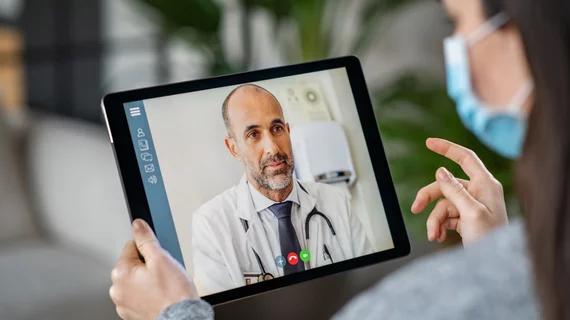Telemedicine has improved access to healthcare
Healthcare access has improved thanks to advances and higher adoption of telemedicine.
That’s what politicians in Washington, D.C. said this week on The Hill’s “The New Role of Telehealth” event. With healthcare offices temporarily halting routine care and elective procedures early on in the COVID-19 pandemic, telehealth has increased in adoption. Healthcare agencies also loosened regulations temporarily during the pandemic to allow doctors’ offices to more easily bill for care.
“People who use telehealth, both providers and patients, have very much appreciated the opportunity,” said Rep. Brad Schneider (D-Ill.) during the event. “What it means is the ability to see a doctor—if someone who lives in a remote location can get to that doctor instantaneously without having to drive an hour or longer for an appointment, it means a cut down on wait times, access to specialists. All of that is very positive.”
However, there are still challenges to overcome to increase telehealth adoption, such as ensuring people who live in rural areas have access to broadband internet. Increasing Internet access is part of President Joe Biden’s infrastructure investment priorities that are currently held up in Congress.
In addition, telehealth fraud is a rising concern.
“There’s fraud in traditional Medicare and Medicaid as well,” Rep. Brett Guthrie (R-Ky.) said during the event. “What we’re concerned about is the telehealth marketers where you’re getting a phone call from a physician, ‘call this number and we’ll provide you with some kind of service’ and it just gets billed to Medicare. So we’re looking at things like ‘you do have to have a visit to the healthcare provider before you can do telehealth.’”
See the full story below:

